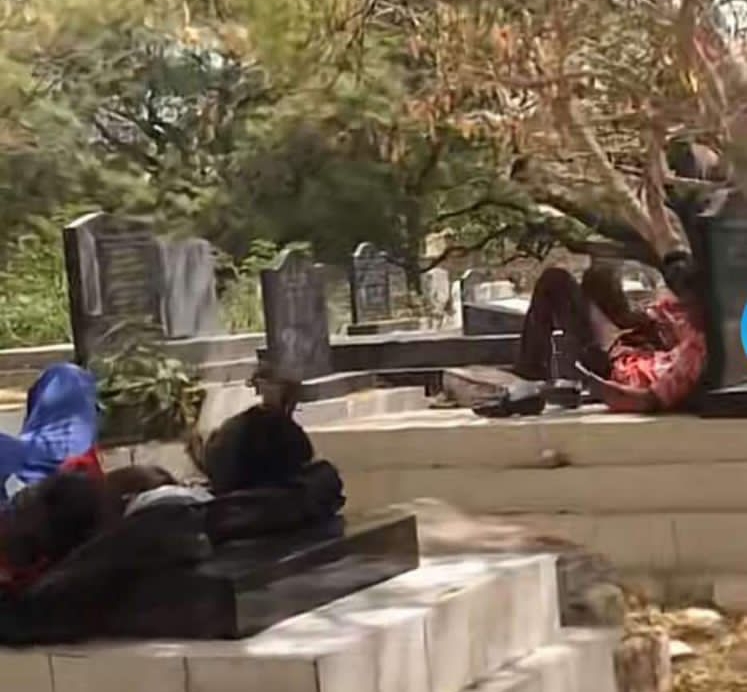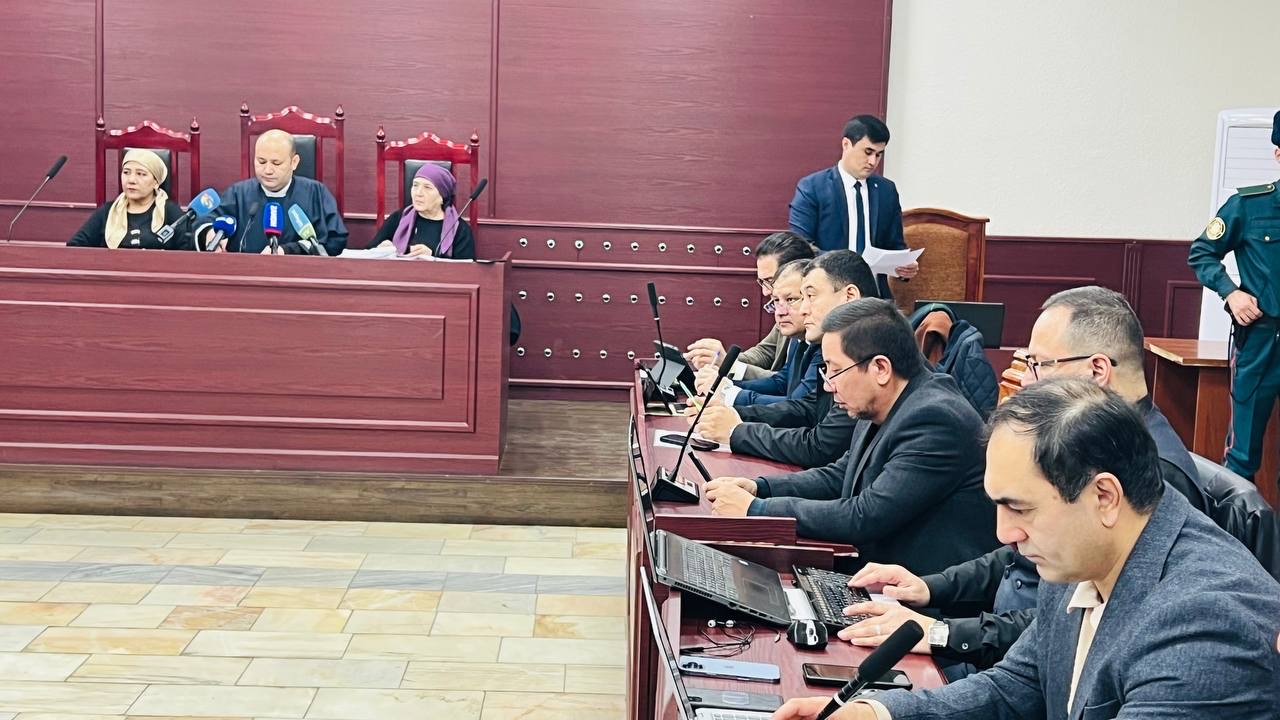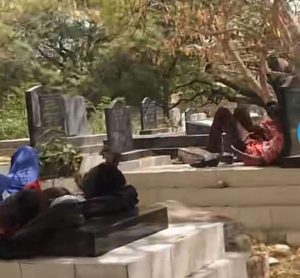Gambiaj.com – (TASHKENT) – A court in Uzbekistan has initiated a criminal case against Indian businessman Sachin Jayin, whose pharmaceutical product, Dok-1 Max syrup, is linked to the deaths of dozens of children in both Uzbekistan and The Gambia. This action follows a tragic incident where 68 children died and 16 others were left disabled in Uzbekistan after consuming the syrup. Similarly, in The Gambia, officially, at least 69 children died due to the same product.
The case was discussed during a session of the appeals instance reviewing the complaint in the Dok-1 Max case. Lawyer Ulugbek Latipov, representing Sardor Kariyev, the former head of Uzbekistan’s Agency for Development of the Pharmaceutical Industry, highlighted that Jayin, the primary individual responsible, is evading punishment.
“In 2022, the syrup produced in India and imported to The Gambia, a country with a population of 1.3 million, caused the deaths of 69 children due to the presence of harmful substances. The government of The Gambia has hired international lawyers from the USA to file a lawsuit against the manufacturing company in India,” Latipov explained.

According to Latipov, the samples of the drugs that caused these deaths were examined in authorized laboratories of the World Health Organization (WHO) system, and the results were meticulously documented.
Addressing the court, Latipov emphasized: “Honorable chairman and members of the jury! Everyone understands that the main culprit should be found in India. I would like to quote the following words of my grateful colleague Farrukh Khudoyberganov, who formed the text of our petition and participated in this work from the beginning.
‘If the real culprits in India remain unaccounted for in this reality, it can create a very unpleasant precedent, that is, the low-quality products of foreign drug manufacturers will be imported into Uzbekistan, and our people will continue to be poisoned by these drugs.’
Moreover, in the language of the investigation, ‘we will destroy the ready-made material evidence ourselves, and then on what basis will we indict the main criminals, Sachin Jayin and his associates?’ For this reason, taking into account all the reasons presented by the appeal court, we have ordered the drugs “Dok-1 Max” and “Ambronol” stored in “Kuramax Medical” and customs warehouses, as well as collected from pharmacies and stored in “Dori-darmon” AK warehouses. After testing, it is necessary to take not less than 30 samples from each available series of drugs. And they should be examined on the basis of the newly approved pharmacopoeia on GJX equipment in laboratories of the World Health Organization system or of the Ministry of Health system. I request that you make a decision to assign the responsibility of the Ministry of Health to separate at least 30 samples and keep them in a special warehouse for an indefinite period.”
Supporting this petition, lawyer Abror Nabiyev argued, “Can’t we be part of The Gambia, which has only 1.3 million inhabitants? The investigative body thinks that it has achieved its goal. However, innocent people are locked up here, and they are trying to pretend that they have punished someone in front of the victims. However, the issue of the main culprits in this case remains open.”
The debate over the responsibility for these tragic deaths continues as Uzbekistan seeks justice for the affected families and looks to prevent further incidents.
Earlier, Daryo reported that Indian businessman Sachin Jayin has been charged and is currently wanted in relation to the deaths of 68 children and the disabilities of 16 others in Uzbekistan.










